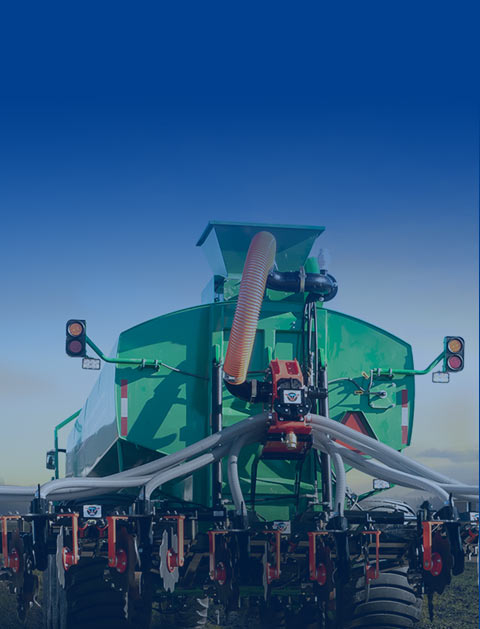
WRITING FOR THE FUTURE Efficient Waste-Management Techniques Whether you have a small local farm or a larger commercial enterprise, high-quality manure equipment can help improve your efficiency, make your soil healthier, and promote environmental sustainability. Using manure as a natural fertilizer ensures more controlled handling and distribution that lessens the need for chemical and synthetic fertilizers that cause environmental damage.
Manure Equipment Overview: Types and Uses
Manure equipment for farmers come in different kinds and are designed and used for various functions during the manure management process. Here are some common types you might encounter:
Manure Spreaders: These are used for spreading manure evenly on the fields. They offer a variety of models, from liquid to dry spreaders, and each type serves a different manure type.
Manure Separators: They separate solid and liquid manure, enabling easier storage, transport, and precise nutrient application.
Compost Turners: These are perfect for anyone wanting to make high-quality compost from animal waste; these machines speed up the decomposition process and enhance compost quality.
Storage Tanks and Lagoons – Proper storage prevents contamination from leaching into the groundwater or local watersheds and facilitates better timing of manure application.
Things to Consider When Purchasing Manure Equipment
When it comes to manure equipment selection, several factors must be carefully considered:
Farm Size and Type: Ensure that your equipment matches the vehicle size of your farming operation. A more powerful and durable machine is needed for a larger farm than what would be needed for a small family farm.
Type of manures: Equipment selection varies depending on the nature of manure being handled, be it solid manure, semi-solid manure and liquid manure.
Equipment Durability and Maintenance: When selecting equipment, choose the one with durability and easy maintenance to have less downtime.
Environmental Compliance: Several states in the United States enforce stringent manure management regulations. Ensure your equipment meets your local environment regulations.
Budget and Cost Efficiency: While investing in quality equipment requires an up-front expense, in the long run it pays off through increased efficiency and less labor material.
Innovations in Manure Equipment for the Future
As we get newer technologies, manure equipment keeps innovating, providing better efficiency and environmental benefits. Here are a few emerging trends we are seeing in the industry:
Automation and Smart Technology: More modern manure spreaders and separators are incorporating GPS and automated controls, enabling applications to be precise and minimizing waste.
Sustainable Processing Solutions: New equipment types are designed to reduce greenhouse gas output and increase nutrient retention
Compact and Mobile Solutions: For small and mid-size farms, manufacturers are developing portable manure equipment that is easier to maneuver and store.
Conclusion
Manure equipment choices can make a big difference in farm productivity, sustainability and bottom line. By learning about the different kinds of equipment, assessing the requirements of your farm, and keeping an eye on industry advancements, you can make a choices that benefit not just your farm but also the planet.
Transforming manure more appropriately can improve animal and soil health and the overall quality and quantity of crops, making high-quality manure equipment essential for successful operations.